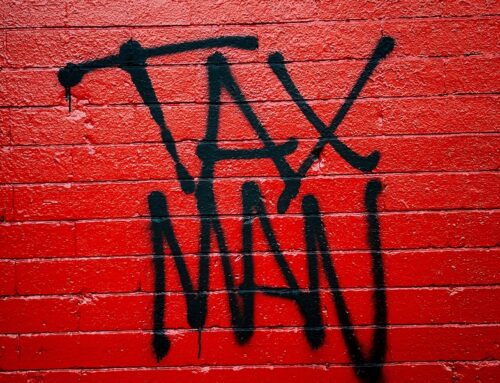The concept of par value is that every share issued by a company must have a par value, which is the minimum price at which the share can be issued. The par value represents the minimum amount of money that shareholders must pay to the company for each share they own.
Companies can also issue shares without a par value, known as “no par value shares”. This means that the shares do not have a minimum price at which they can be issued, and the company has greater flexibility in setting the price of the shares.
The concept of par value was abolished by the Companies (Amendment) Act 2005.
The Amendment Act abolishes the concept of par value and authorised capital.
This is because:
• par value is an outdated concept that is no longer relied on by investors and creditors as an accurate proxy of a company’s value;
• it does not reflect any loss in capital or when there are shares issued at an amount higher than par value;
• other measures such as earnings per share or net tangible asset backing provide a more accurate view of the economic value of a company;
• the authorised capital as a ceiling is artificial as a company is free to amend and increase its authorised share capital; and
• other consequential restrictions, such as shares cannot be issued at a discount to par value, prevent a company from raising new funds when the market value of its shares has fallen below par value.
The key amendments in the Amendment Act include:
• Clause 8 amends Section 22 to abolish the concept of authorised capital, removing the upper limit to the number of shares that companies may issue;
• Clause 15 introduces new Sections 62A and 62B to abolish the par value concept and provide for transitional provisions for the treatment of share capital; and
• Clause 18 repeals Sections 67 to 69F which are no longer applicable as the concepts of share premium and share discount will cease to apply.
The notion of issued or paid capital will continue to be relevant even after the abolition of par value, and it would now also reflect the amount in the share premium account. In other words, it will represent the amount the company actually receives from its shareholders as capital contribution.







[…] a company issues shares of stock, it sets a par value or nominal value for each share, which is the minimum price at which the shares can be issued. The […]